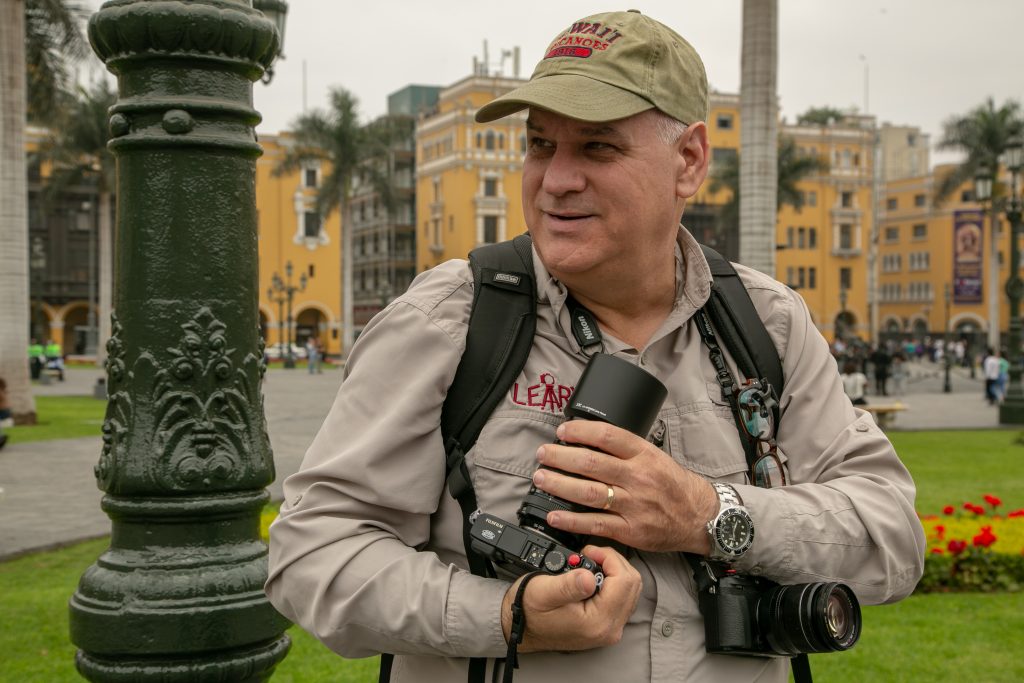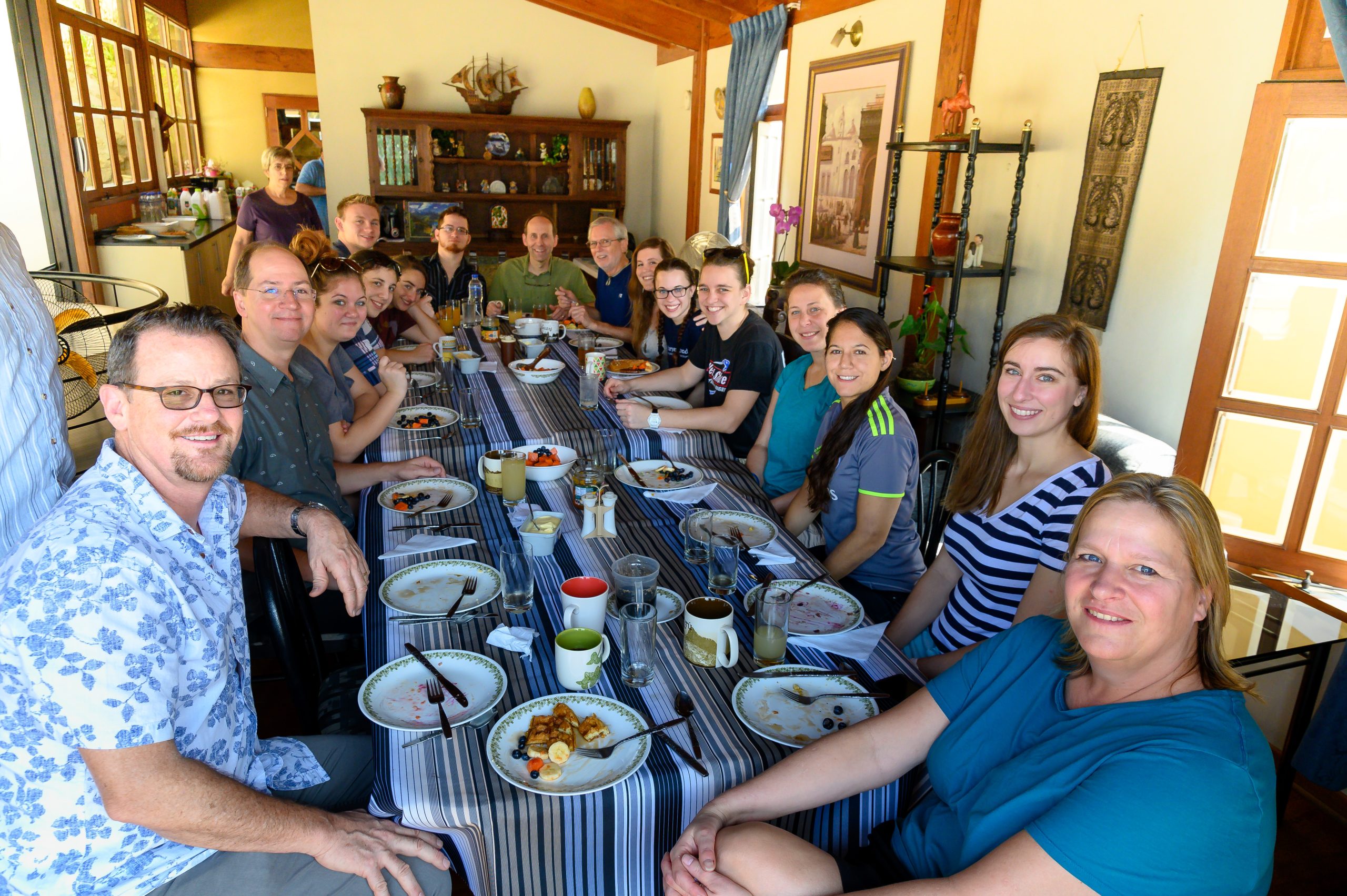This is the Storytellers Abroad Workshop team in Lima, Peru. [NIKON Z 6, Sigma 24-105mm ƒ/4 Art, ISO 2000, ƒ/8, 1/200, Focal Length = 24]
Storytelling is essential for individuals and organizations to communicate their experiences, values, and ideas to their audience. However, becoming a proficient storyteller is not a one-time accomplishment but an ongoing process requiring continuous learning and practice.
Professional storytellers who assist people and organizations in finding and communicating their stories must keep up with evolving trends and technologies to remain effective in their craft. In addition, they must stay aware of the cultural, social, and economic shifts in their audience’s preferences to keep their stories relevant and engaging.
As non-fiction storytellers, they must be able to connect their audience with the message they are trying to convey. Therefore, adapting the narrative’s style and content to the audience’s needs is essential, making it easy for them to understand, empathize and find value in it. Storytellers must also be able to weave together facts, emotions, and insights to create compelling narratives that captivate their audience.

Additionally, these professional storytellers must be open to feedback and criticism. Constructive criticism helps them learn and grow, helping them adapt their storytelling style to create better narratives in the future.
In conclusion, storytelling is a never-ending journey for professional storytellers. They must continually improve their craft, adapt to their audience’s changing preferences, and learn from their mistakes to create compelling and relevant stories. This journey requires constant practice, learning, and creativity, but it ultimately makes more effective and powerful narratives for their clients.

